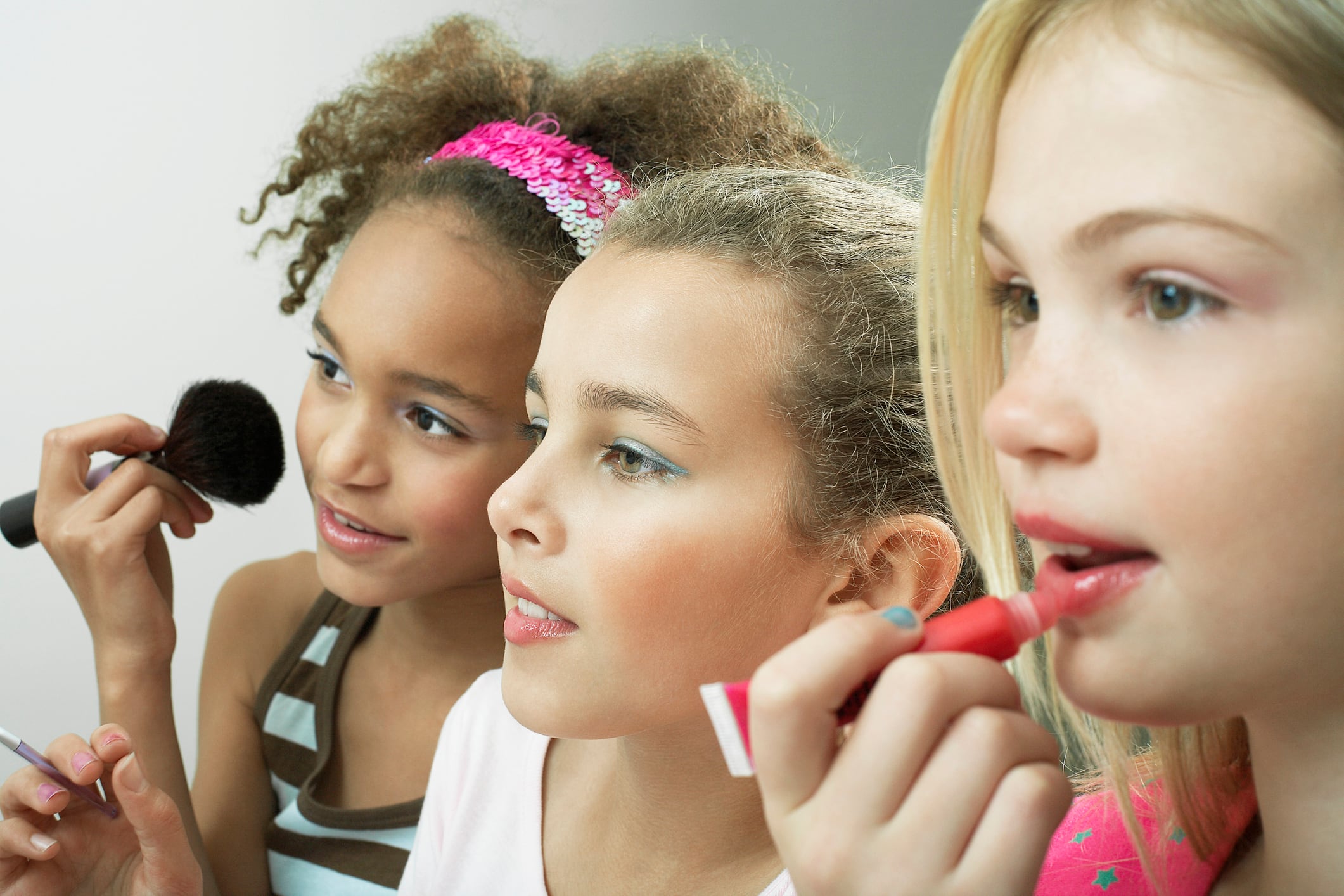Despite their youthful age, the ‘Sephora Kids’ (AKA the precocious shoppers who filled their baskets with products that weren’t designed for their skin type) are now are playing a dominant role in new product development and global beauty conversations.
‘‘This is what they save up for, this is what they ask their parents for, with some spending $60 on a single product,‘’ explains Carly Ettinger, who is US editor at trends and insights company, The Future Laboratory.
A lack of personal income isn’t deterring this generation, whose spending power is forecast to grow three times faster than any other generations by 2030, explained Ettinger, quoting a report from global management consulting firm, Bain & Co.
The consumer insights platform, Atym reports that most Gen Alpha girls are motivated to use beauty products simply because it’s fun, but this doesn’t mean that this savvy consumer group spends without considering a key list of priorities.
So, what makes a Gen Alpha consumer part with their (parents’) cash?
They are all about ingredients
According to Ettinger, clean ingredients and formulas are one of Gen Alpha’s top priorities alongside brand name, ability to address skin concern, price, ethical stance and inclusive values.
‘‘Gen Alpha are extremely knowledgeable about beauty ingredients and familiar with product formulations,‘’ she says.
Sustainable, eco-friendly ingredients and products continue to appeal, with seven in 10 UK parents of Gen Alpha children said to buy eco-friendly beauty products compared to just half of non-alpha-parents, says a Mintel UK Sustainability in beauty and personal care Market Report undertaken in 2024.
‘‘Gen Alpha’s values are rooted in purpose. While they like to follow popular trends, especially with beauty, they are also considering the greater implications of how the products they are purchasing affect themselves, their environment and the world,’ it continued.’
‘‘Gen Alpha is growing up in an era where ethical consumption is ingrained in their values," adds Dr Adel Rammal, who is chief scientific officer and product developer at Indeed Labs., a company that recently launched a skin care collection specifically made with Gen-Alpha and Gen-Z in mind.
‘‘We anticipate a surge in biotech-driven and clean beauty, leveraging lab-grown or upcycled ingredients for sustainability and a shift from greenwashing to real impact," continued Dr Rammal.
With Gen Alpha having access to more information than ever, they are demanding real proof of sustainability efforts.
“This shift is already driving formulation innovation, with biodegradable, skin-mimicking ingredients replacing traditional synthetics,” he continued.
“The challenge will be balancing natural efficacy with science-backed performance, ensuring sustainability without compromising results.‘’
They are influenced by peers & parents
Ettinger explains how digitally native Gen Alpha are looking to social media to discover new beauty products and brands, with the most popular platforms being Instagram, TikTok and YouTube Shorts.
‘‘Social media and influencers are key factors in fostering brand awareness and ultimately inspiring purchase behaviour," she said.
Market intelligence firm Mintel found that 66% of 12–14-year-olds say that social media has helped them to discover new brands or products to try, even before social media,
It appeared that Gen Alpha is primarily influenced by peers at school. “They aspire to keep up with the trends at school, a place they’ve made their stage,” noted the report.
‘‘For Gen Alpha, a sense of belonging is key,‘’ adds Indeed Labs’ founder, Dimitri Davidson.
‘‘They want products that are not only effective but also cool and trending. Social influence plays a huge role—this generation is highly influenced by peers and trusted influencers. They value authenticity and are more likely to try products endorsed by people they admire.‘’
Aware of the importance of parent product approval to this generation, Indeed Labs developed its affordable Gen Alpha-focused range to give confidence to both the Alpha consumer and their guardian.
‘‘We’ve developed this range to resonate with Gen Alpha themselves, understanding that they are early adopters of beauty culture and often drive purchase decisions. However, parents play a crucial role in product approval, particularly for younger users,‘’ discloses Dr Rammal.
‘‘To ensure confidence from both groups, our range is designed to be safe and Dermatologist-approved – giving parents peace of mind regarding ingredient safety, and educational and playful – appealing to Gen Alpha, while empowering parents with trustworthy formulations.“
“While Gen Alpha is the primary consumer, parents remain key decision-makers, making dual-audience messaging critical in our strategy,” he said.
Longevity is on their agenda
Thinking long-term is also likely to influence future spending of this generation.
‘‘Gen Alpha might be young, but they are already looking at the bigger picture of their future," says Ettinger.
‘‘They are already taking preventative health measures, such as anti-ageing skin care."
Indeed, according to a ‘Fear of Ageing Report’ undertaken by nutritional supplement company Thorne, over one-third of Gen Alphas in the US say they are already “devoted to a multi-step skin care routine to combat ageing.”
This is also giving a boost to the baby and child skin care market, which Statista forecasts to reach £470m in the US market alone by 2029.

